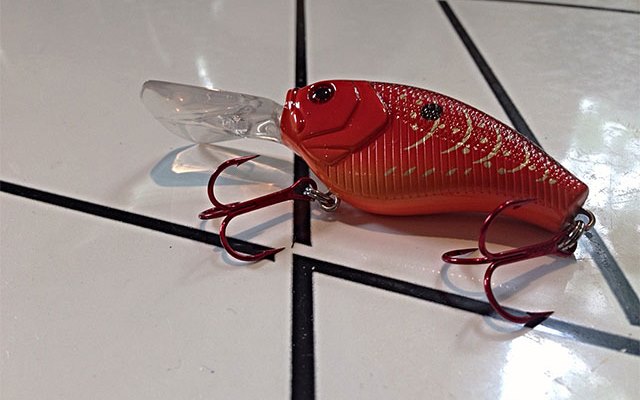Choosing Scuba Diving Fins
Looking at the variety of different fins can be confusing as they all seem to offer the best performance with no effort - here I will cover split fins, full foot and open heel fins, general sizing and what the blurb the manufacturers and shops give you actually means.
Split Fins
Probably the biggest choice you have to make is whether to go for a solid fin design such as the Mares Avanti Quattro fins, or a split fin such as the Tusa X-Pert Zoom fins.
The idea behind split fins is that they make it easier to fin underwater - they do this by having a less rigid body which obviously offers less resistance to the water. This does usually mean less raw power although the increased efficiency (less effort) can make up for this. Also unless you happen to dive in conditions where you have to fight a current often, this isn't really an issue.
On this issue there are also certain hybrid models - the Mares Volo Power Fin range being a good example - these fins offer the benefit of a solid fin in power, whilst there is a 'spring' in the middle of the fin to decrease the effort required.
Full Foot vs Open Heel Fins
Full foot fins are those that do not require a dive boot, open heel are those that do require dive boots. Full foot fins are suitable for either pool diving, scuba diving in the tropics or snorkelling.
Open heel fins are for use when in cold water (you cannot use full foot fins in the UK) or when you need to cross rocks to get to the dive site.
Sizing your dive fins
Unfortunately, every diving manufacturer has different sizing schemes, which only very roughly to standard sizes. Some manufacturers have only S/M and a L/XL sizes, which can be confusing when others have a whole range of sizes. Ultimately you will have to consult a size chart or try them on to decide the proper size.
One thing to be taken into account here is that if you are wearing a drysuit this can increase your foot size by one - so if you are on a boundary between sizes consider whether you will be diving in a drysuit.
Decyphering the Blurb
Every manufacturer has some buzz-words to tell you about their fins, from 'Channel Thrust' to 'Natures Wing' to 'Optimum angles' it can be easy to get lost. In particular there are various 'optimum angles' from different manufacturers! Most diving fins will have various channels or grooves in them - this is to inprove efficiency by displacing more water.
Some fins are tilted at an angle; whilst opinions on this are varied, personally I found the Tusa X-Pert Zoom dive fins to be very powerful and easy to use - but I can't speak for any other tilted dive fins.
The scuba diving manufacturers will also usually include something about how their fins are made out of the most advanced poly-something or other - this can generally be ignored. Like every other product the technology will improve over time and usually the newer the fins or more expensive, the better power/lightness ratio they will have.
More Esoteric Possibilities
For the more adventurous of you there are more bizarre fins, such as the Poseidon Pro Force Fins which claim to be modelled on fish. When I tried them they were certainly different, and did seem to be fairly powerful for their size although I don't think they justify their price tag. Whilst some people swear by them they do remind me of an iPod or sports car - they look pretty but unless you have cash burning a hole in your pocket you'd be better off going for something more functional.
Conclusion
Your best bet is to try a friend's diving fins before you buy your own, especially to decide between split fins and solid fins. If not, decide based on how hard you found finning in training - if you found it hard, go for split fins otherwise a pair of solid fins would be fine - the Mares Avanti Quattro fins are a great starter pair of fins and have been proven for years.
Come And Meet The Sharks Face To Face
The Things To Keep In Mind Before Buying The Scuba Gears


